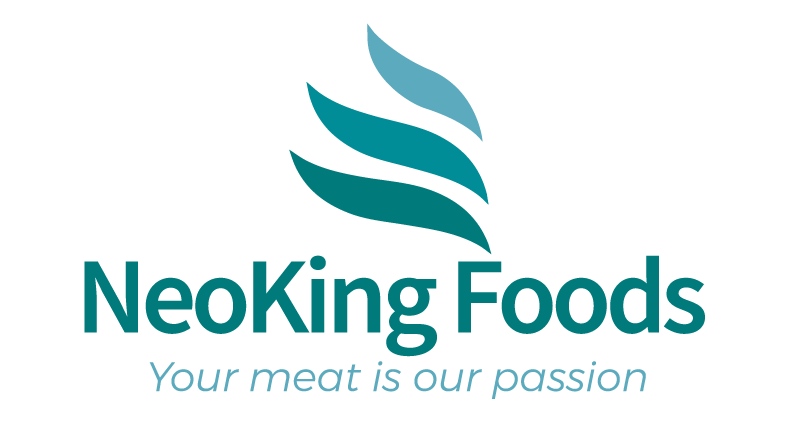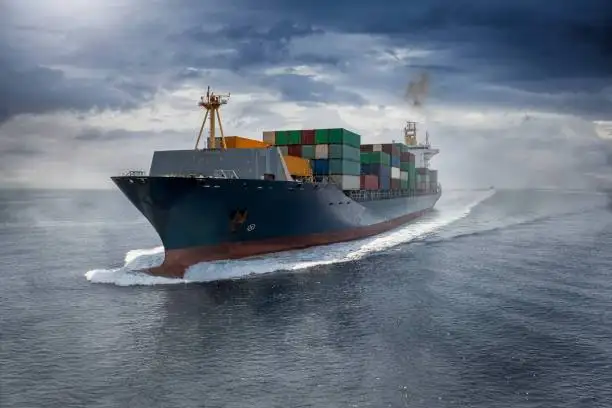The global container shipping landscape is undergoing significant turbulence, with Hapag-Lloyd’s CEO, Rolf Habben Jansen, sounding the alarm on the industry’s future. In a recent conference call with journalists, Jansen highlighted the “challenging market environment” the sector faces, particularly emphasizing the “weak” demand that has plagued container transport over the past year.
The decline in freight rates, which Jansen described as “too low”, is a growing concern. This drop is happening alongside increasing operational costs for container shipping companies. Moreover, the influx of new vessels in the market is rapidly depleting the substantial financial reserves the industry accumulated during the post-lockdown phase.
It’s worth noting that the container shipping industry experienced an unparalleled surge in recent history, raking in more profits in the three years following the pandemic than in the preceding sixty years. However, the current scenario paints a different picture. Demand has nosedived, and freight rates have reverted to their pre-pandemic figures. The vessel oversupply, many of which were ordered during the pandemic’s peak, is also causing anxiety within industry circles.
Major players in the shipping domain, including Maersk, MSC, and Hapag-Lloyd, have witnessed a sharp decline in their profit margins. To put it into perspective, Hapag-Lloyd reported a staggering 50% drop in its half-yearly profits just last month. Concurrently, Maersk highlighted a “radically changed business environment” following a significant dip in its May profits.
Adding another layer to this complex situation are the climate directives from the International Maritime Organisation (IMO). These regulations are pushing carriers towards green initiatives, compelling them to invest in eco-friendly fleets to achieve decarbonization goals.
In response to these freight rate challenges, many container shipping firms are opting to scrap their vessels. However, this strategy is not a cost-effective solution, especially with the continuous influx of new ships. Jansen pointed out the high volume of ships still joining the global fleet and emphasized the escalating costs of vessel scrapping.
Peering into the future, Jansen acknowledged the unpredictability of freight rate trends. However, he was certain that if the current supply-demand dynamics persist, the pressure on rates would continue, significantly impacting profit margins.
In a rapidly evolving industry landscape, the road ahead for container shipping seems filled with uncertainty and challenges, especially with the ongoing vessel oversupply and freight rate challenges.
Font: essfeed.com


